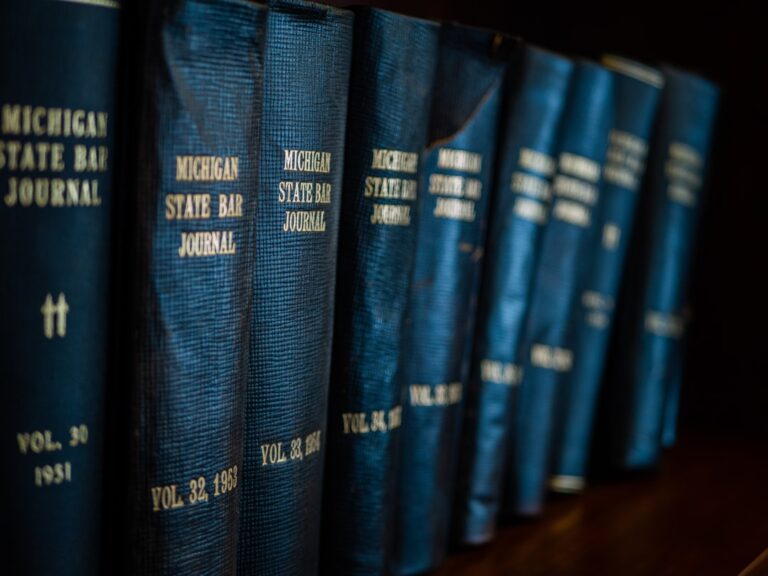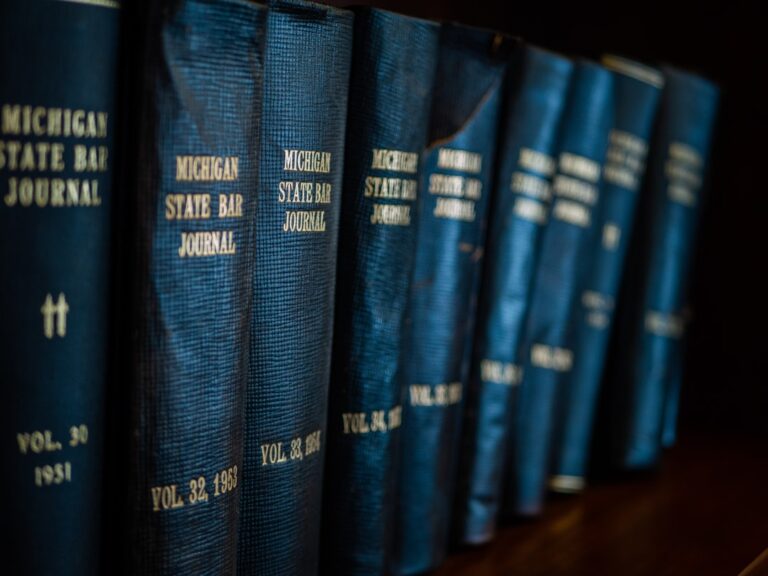Miami-Dade County's complex cross-jurisdictional rape cases require specialized rape law firms in Miami, FL to navigate local and interstate laws, evidentiary rules, and extradition procedures, ensuring victims' rights are protected and perpetrators face justice regardless of the initial crime's location. These firms collaborate nationwide, coordinating evidence, communication, and advocating for fair outcomes in challenging multi-state legal battles.
“Uncovering the intricacies of cross-jurisdictional cases in Miami-Dade County, this article delves into the complex world of interstate legal matters. With a focus on rape law suits, we explore the challenges faced by victims and legal experts alike. From understanding the unique dynamics of these cases to highlighting the crucial role of specialized professionals, it provides an insightful guide for those navigating the complexities of rape law in Florida. Discover how Miami’s legal landscape evolves when dealing with cross-border criminal issues.”
Understanding Cross-Jurisdictional Cases in Miami-Dade County

In Miami-Dade County, cross-jurisdictional cases involving criminal offenses, especially complex ones like rape, present unique challenges for legal professionals. These cases occur when a crime is committed in one jurisdiction but has significant connections to another, often across state lines. Given the intricate nature of such incidents, victims frequently seek justice through the courts of a different region, particularly if the alleged perpetrator has ties or assets in that area. For instance, a rape law firm in Miami FL might handle a case where the assault took place outside the county but the suspect is resident or has substantial financial holdings within it.
Navigating these scenarios demands expertise from both a legal and logistical standpoint. Local laws vary, and understanding how they intersect can be crucial to the outcome of the case. A rape law firm in Miami FL specializing in cross-jurisdictional matters must possess in-depth knowledge of inter-state crime regulations, evidentiary rules, and extradition procedures. This ensures that the rights of victims are protected, and perpetrators face justice, regardless of where the initial crime was committed.
Challenges and Complexities in Rape Law Suits Across Borders

Navigating cross-jurisdictional cases involving sexual assault, particularly in diverse areas like Miami-Dade County, presents unique challenges for both victims and legal professionals. When a rape occurs across state or international borders, proving guilt becomes intricate due to varying legal definitions, evidentiary standards, and procedural rules. This complexity is exacerbated by the need to respect the sovereignty of different legal systems while ensuring justice for the victim.
Miami-Dade County, with its diverse population and bustling metropolis, requires a sophisticated rape law firm capable of handling these complexities. A specialized firm understands the nuances of cross-border cases, ensuring victims receive the support and representation they deserve. They employ strategies to gather evidence from multiple jurisdictions, interpret local laws, and advocate for their clients’ rights while navigating the intricate legal landscape.
The Role of Legal Experts in Navigating Interstate Criminal Law Matters

When dealing with cross-jurisdictional cases, particularly in complex matters like interstate criminal law, the role of legal experts becomes paramount. In scenarios where a crime occurs across state lines, a rape law firm Miami FL may be required to collaborate with counterparts in other states to ensure comprehensive representation and adherence to varied legal frameworks. These experts possess an in-depth understanding of the nuances of different jurisdictions’ rape laws, which are often distinct in terms of definitions, sentencing, and admissibility of evidence.
Their expertise is crucial for navigating the labyrinthine aspects of these cases, including the collection and handling of evidence that might be subject to varying legal standards. They also facilitate communication between local authorities, prosecutors, and defense teams, ensuring that all parties are aligned with the specific legal requirements of both states involved. This collaborative approach not only strengthens the defense strategy but also promotes a fair and just outcome in what could otherwise be a highly complex and challenging legal landscape.






